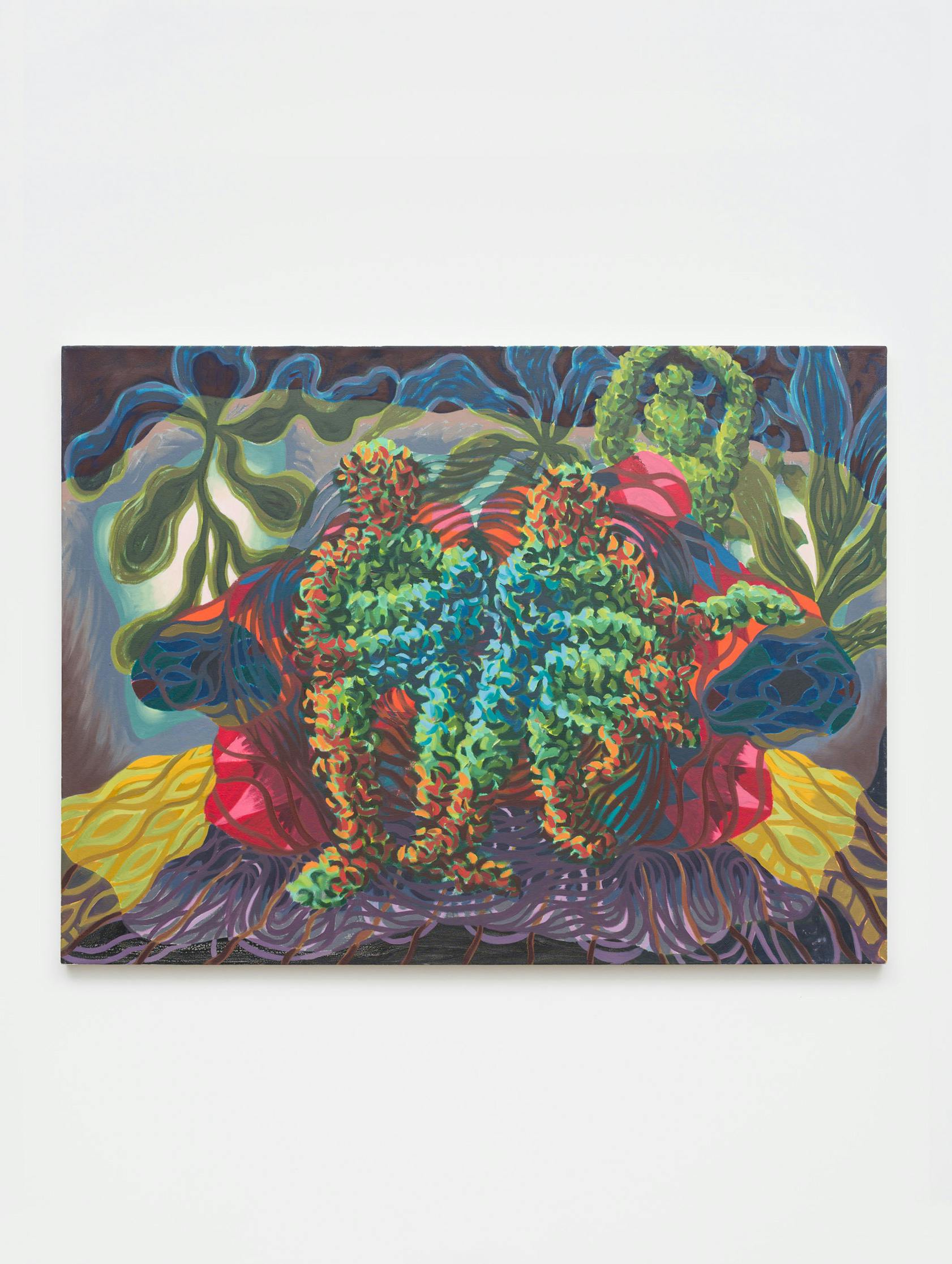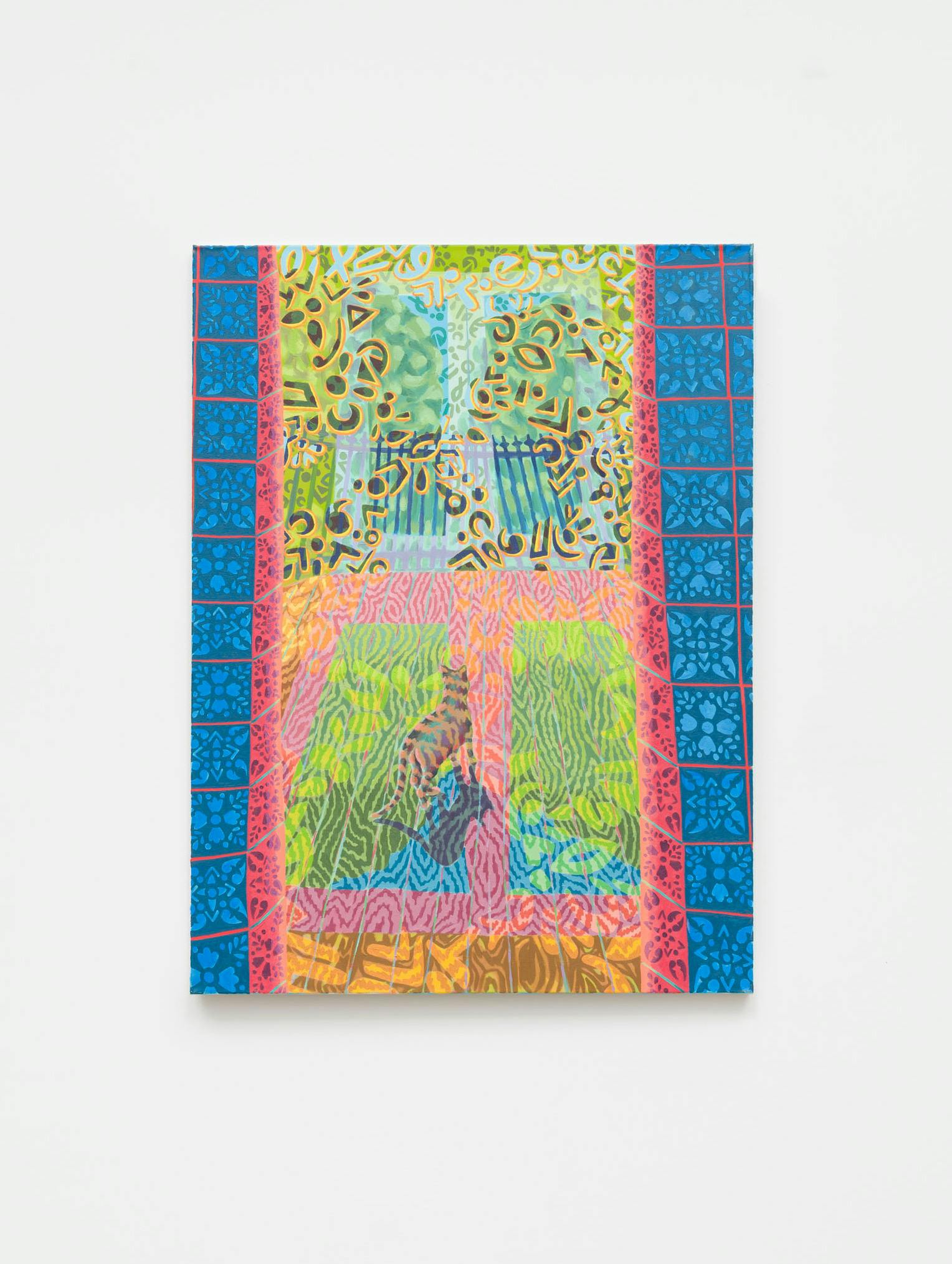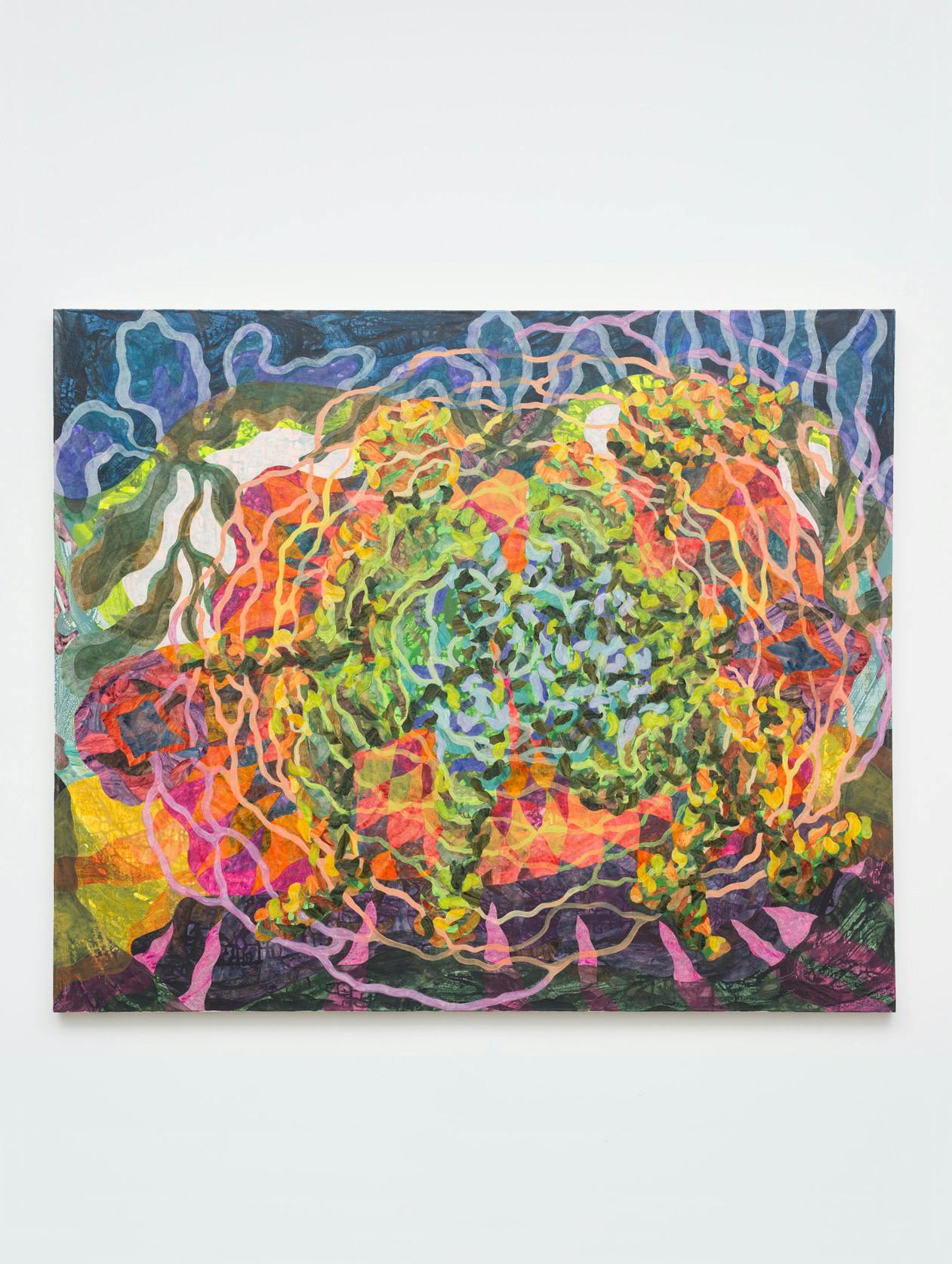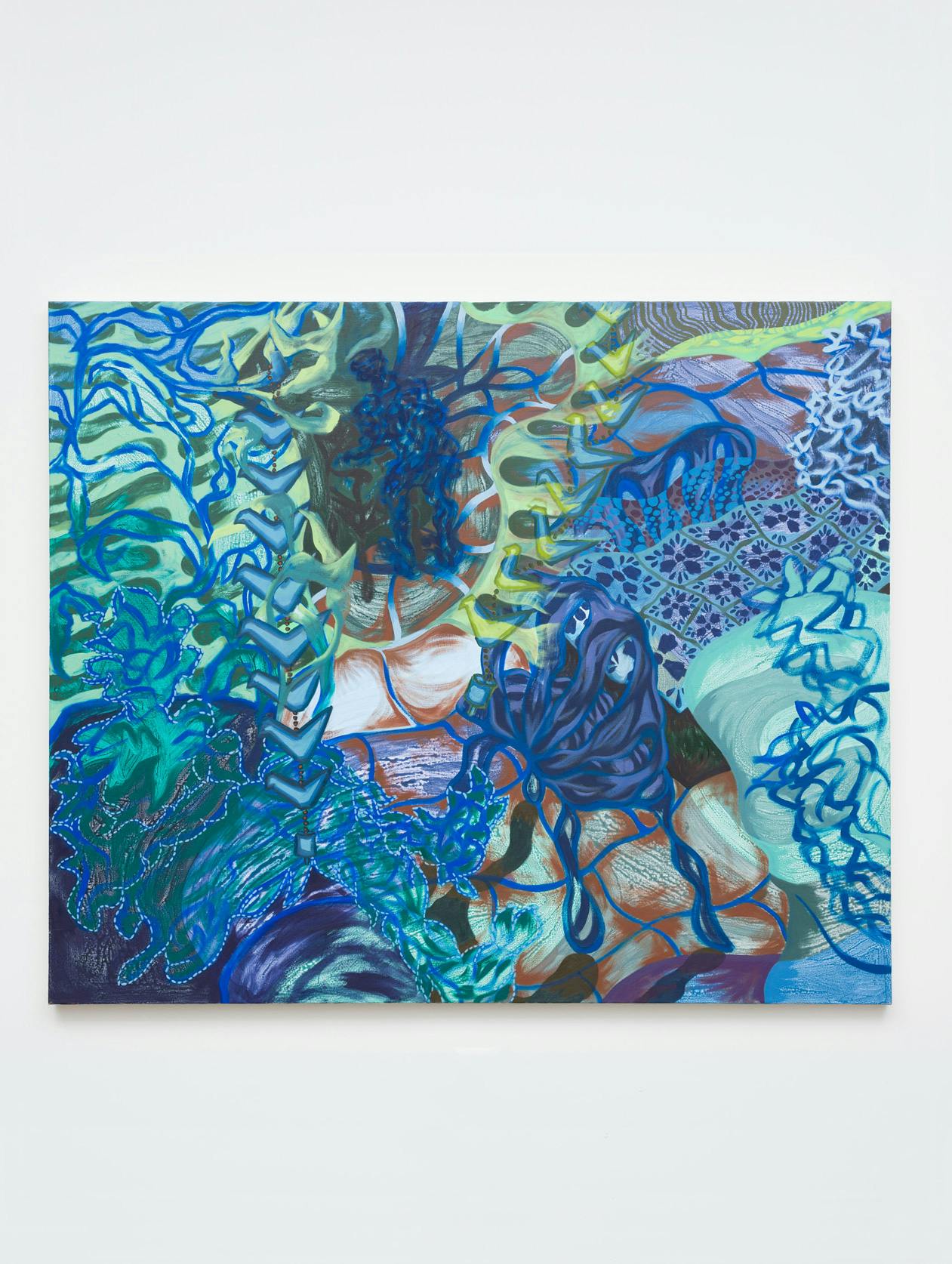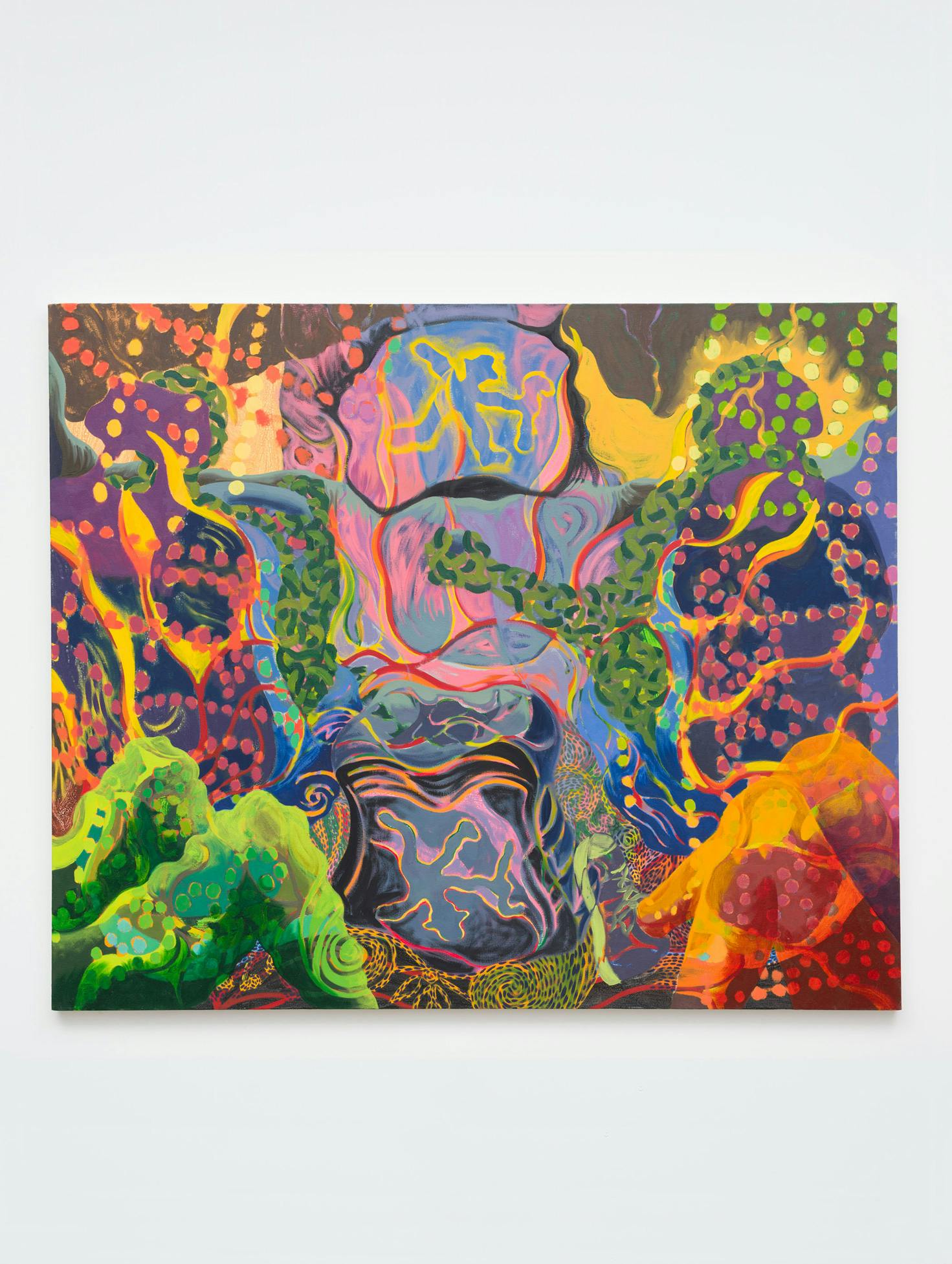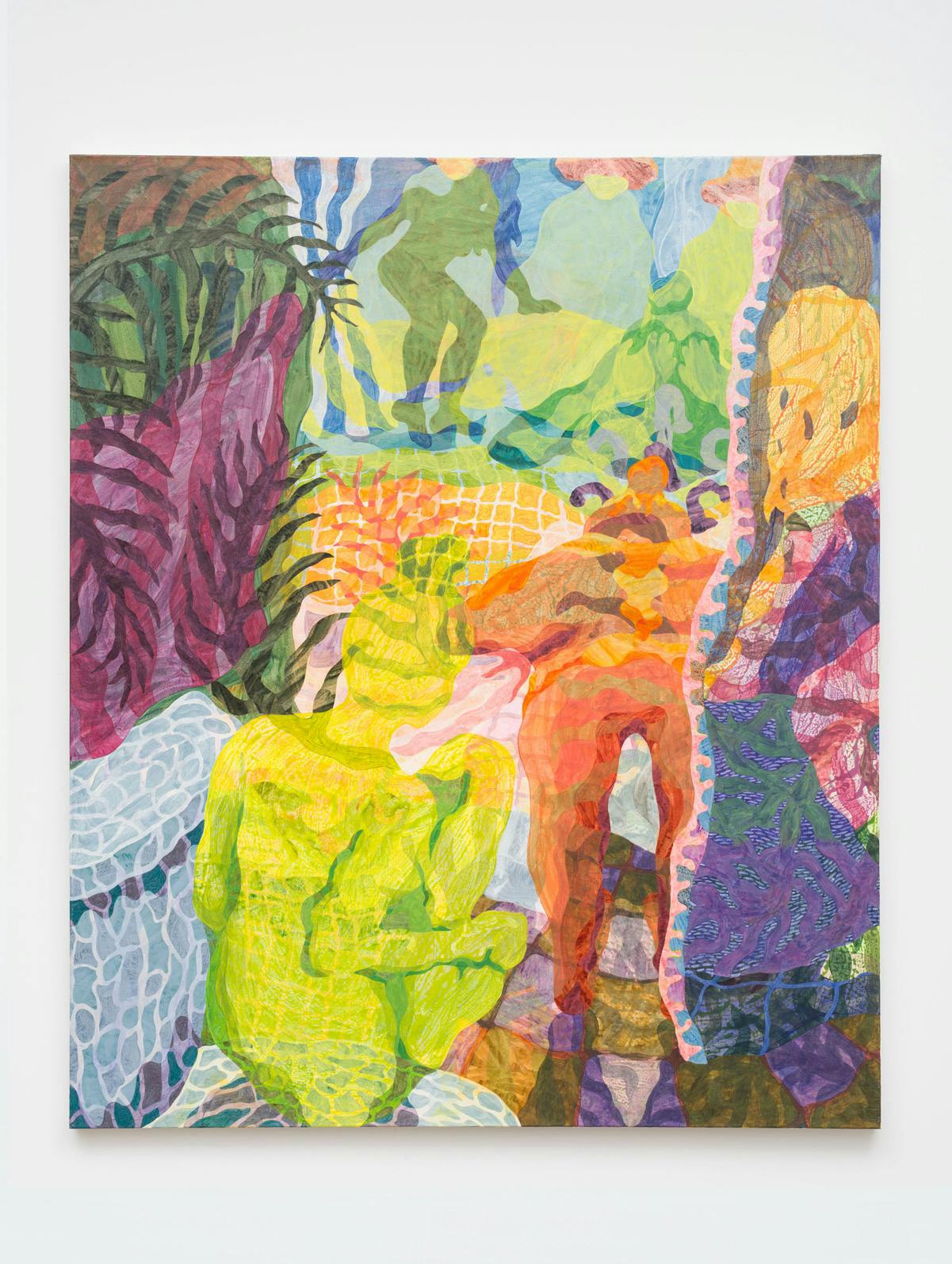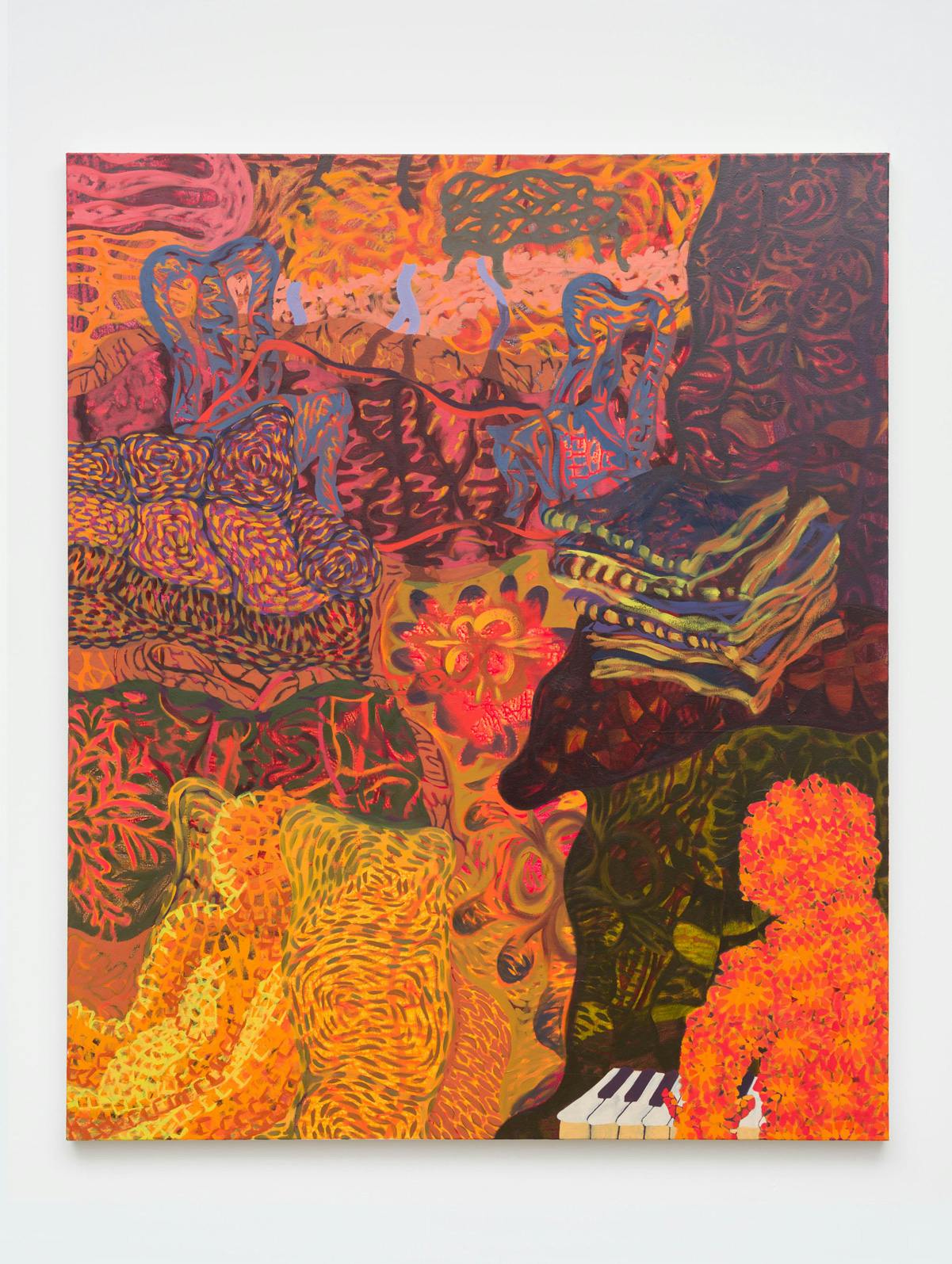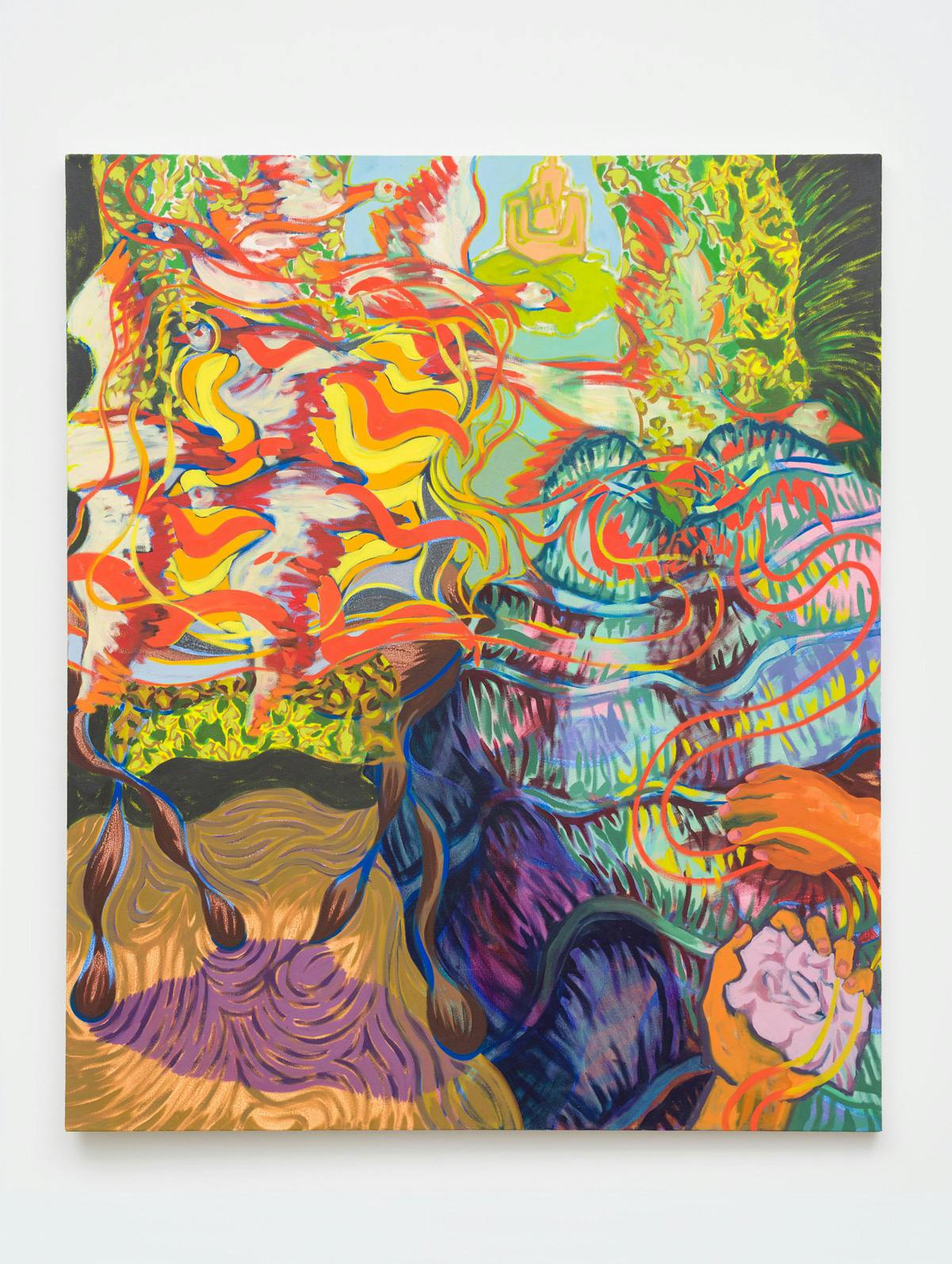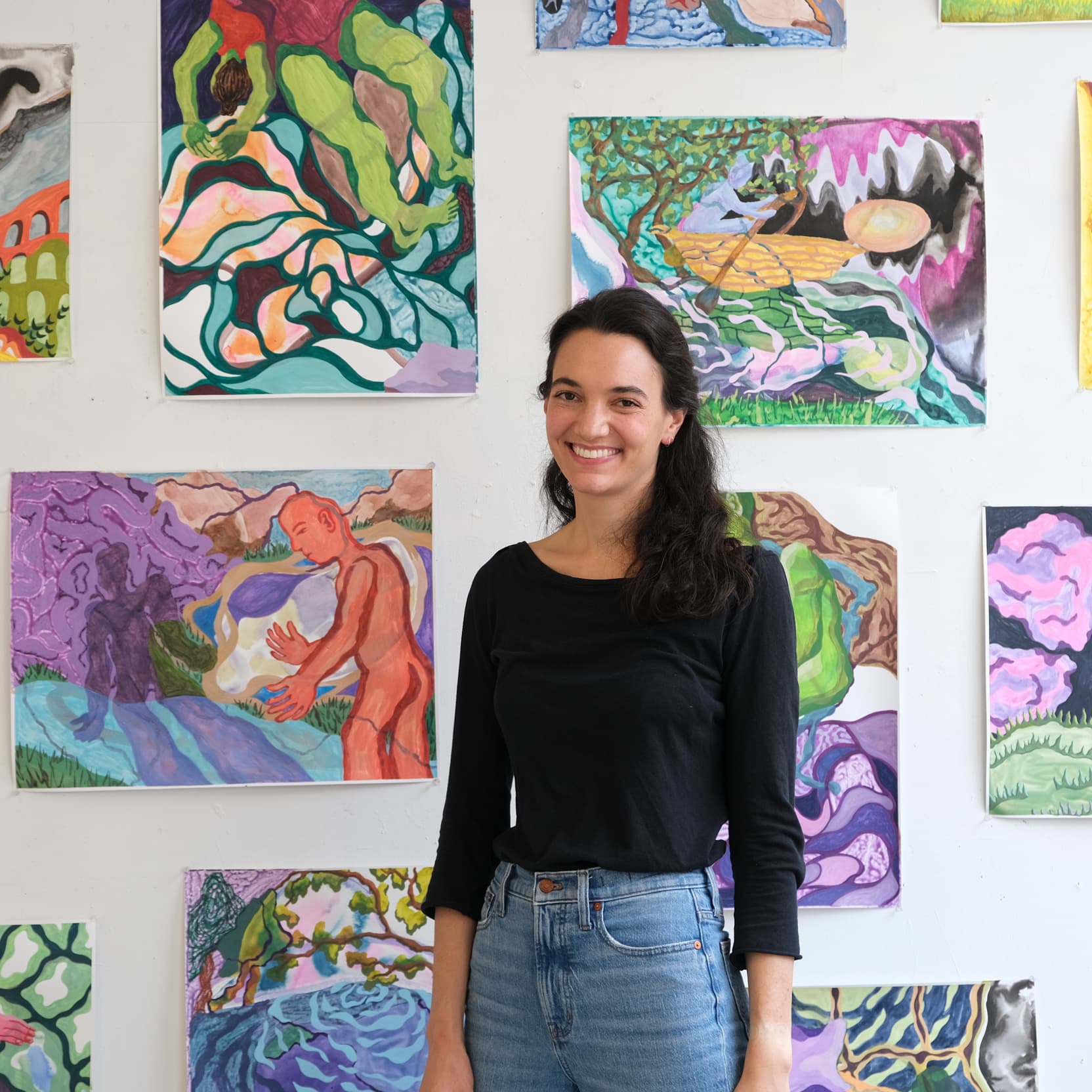
Artist Profile
Katita Miller
Katita Miller (b. 1994, Santa Fe, NM) is an artist currently living and working in New York, NY where she recently completed the MFA program at Hunter College. She grew up primarily in Fort Worth, TX and graduated in 2016 from Wake Forest University in Winston-Salem, NC with a B.A. in Studio Art and Spanish.
Available Works
CV
EDUCATION
2022 MFA, Hunter College, New York, NY
2016 B.A. Studio Art and Spanish, Wake Forest University, Winston-Salem, NC
EXHIBITIONS
2022 Fog Machine, Hunter MFA Thesis Show, 205 Hudson Gallery, New York, NY
2020 Trust Fall, Hunter MFA Online Viewing Room
2019 Hunter MFA Second Semester Show, 205 Hudson Gallery, New York, NY
2016 Third Annual Regional Juried Exhibition, Artspace111, Fort Worth, TX
2016 New Works in the John P. Anderson Collection, START Gallery, Winston-Salem, NC
2016 Whatever . . . (WFU Advanced Painting Exhibition), Sawtooth, Winston-Salem, NC
2015 Patchwork Places, The Gray House at All Saints’ Episcopal Church, Fort Worth, TX
AWARDS
2017 & 2018 Ah Haa School for the Arts Merit Scholarship, Telluride, CO
2014 & 2016 Student Art Purchase Award, Wake Forest University, Winston-Salem, NC
Artist Statement:
My paintings and drawings depict quotidian scenes through the filter of an overactive mind. I’m an intensely anxious and obsessive person and often find that my mindscape is out of sync with my physical reality. I use collage and pattern to build maximalist, multilayered surfaces with a complexity that often makes it difficult to grasp the overall image, echoing the way the incessant noise of thoughts, emotions and memories can blur and fragment the perception of one’s immediate physical surroundings. Populated by spectral figures and swirling, portal-like forms, the interiors and landscapes in my work fluctuate between the mundane and the fantastical. Since childhood, I’ve been drawn to works of fiction that shift from quotidian scenarios to bizarre, surreal dream sequences. Sometimes that shift happens abruptly and with little explanation, like in the films The Wizard of Oz (1939) and Singin’ in the Rain (1952), and other times magical or supernatural elements are woven in throughout the narrative as unquestioned aspects of that fictionalized world, which is the case in many of Roald Dahl’s stories. I am also fascinated by the artificial construction of space in film and theater and the immersive emotional impact these formats can have on audiences despite their awareness that the staged events and conversations are merely a simulation. I am investigating this relationship between simulated scene and emotional immersion in my work as well.
